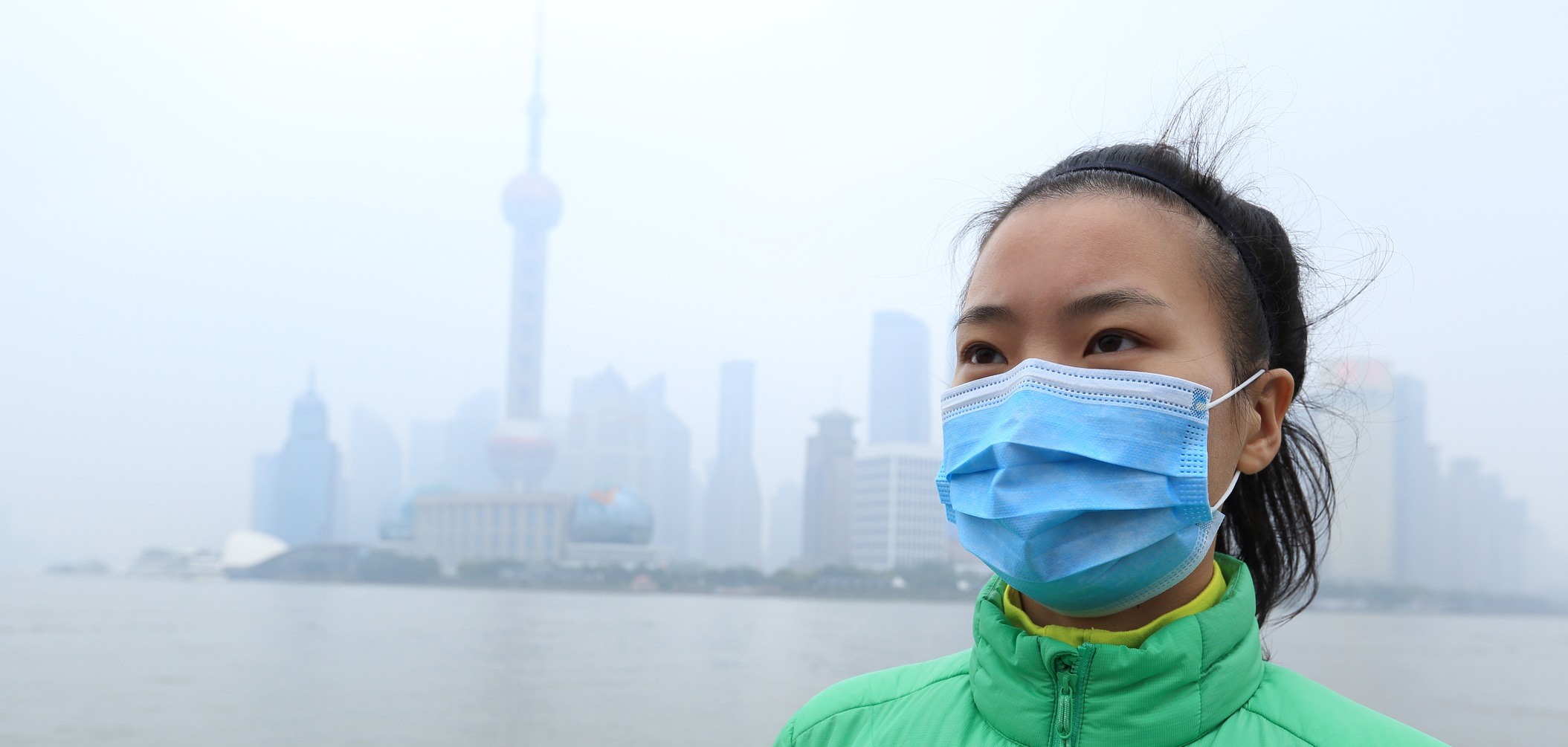CLARS (Charging, Low Emission Zones, other Access Regulation Schemes) has once again provided The Mover with information about the latest changes in access regulation in Europe.

This includes the extension of the LEZ in Amsterdam to all vehicles from January 2017, the start of Belgium’s first LEZ on 1 February in Antwerp, and the tightening of the combined LEZ and congestion charge in Milan from 17 February, 2017.
Rather than just simply provide the information The Mover felt it better to put the growth of these regulations, designed to reduce air pollution in our cities into context, by reference to a recent report from The World Bank.
The Cost of Air Pollution: Strengthening the economic case for action, a joint study of the World Bank and the Institute for Health Metrics and Evaluation (IHME), seeks to estimate the costs of premature deaths related to air pollution, to strengthen the case for action and facilitate decision making in the context of scarce resources. An estimated 5.5 million lives were lost in 2013 to diseases associated with outdoor and household air pollution, causing human suffering and reducing economic development.
While pollution-related deaths strike mainly young children and the elderly, premature deaths also result in lost labour income for working-age men and women. The report finds that annual labour income losses cost the equivalent of almost 1% of Gross Domestic Product (GDP) in South Asia. In East Asia and the Pacific, where the population is ageing, labour income losses represent 0.25%, while in Sub-Saharan Africa, where air pollution impairs the earning potential of younger populations, annual labour income losses represent the equivalent of 0.61% of GDP.
When looking at fatalities across all age groups through the lens of ‘welfare losses’, an approach commonly used to evaluate the costs and benefits of environmental regulations in a given country context, the aggregate cost of premature deaths was more than US$5 trillion worldwide in 2013.
“Air pollution is a challenge that threatens basic human welfare, damages natural and physical capital, and constrains economic growth,” said Laura Tuck, Vice President for Sustainable Development at The World Bank. “We hope this study will translate the cost of premature deaths into an economic language that resonates with policy makers so that more resources will be devoted to improving air quality. By supporting healthier cities and investments in cleaner sources of energy, we can reduce dangerous emissions, slow climate change, and most importantly save lives.”
Deaths related to ambient air pollution have risen in heavily populated, fast-urbanising regions, while deaths related to cooking and heating homes with solid fuels have remained constant despite development gains and improvements in health services. Diseases attributed to both types of air pollution caused 1 in 10 deaths in 2013, more than six times the number of deaths caused by malaria.
“This report and the burden of disease associated with air pollution are an urgent call to action,” said Dr Chris Murray, Director of IHME (Institute for Health Metrics and Evaluation). “Of all the different risk factors for premature deaths, this is one area, the air we breathe, over which individuals have little control. Policy makers in health and environment agencies, as well as leaders in various industries, are facing growing demands – and expectations – to address this problem.”
About 90% of the population in low and middle income countries are exposed to dangerous levels of ambient air pollution. We all know that complying with the requirements of congestion charges and Low Emission Zones can be a pain. But viewing it in a world context maybe makes the pill a little easier to swallow. More information from CLARS is available at: www.urbanaccessregulations.eu.
Click here to see the next Editor's Pick